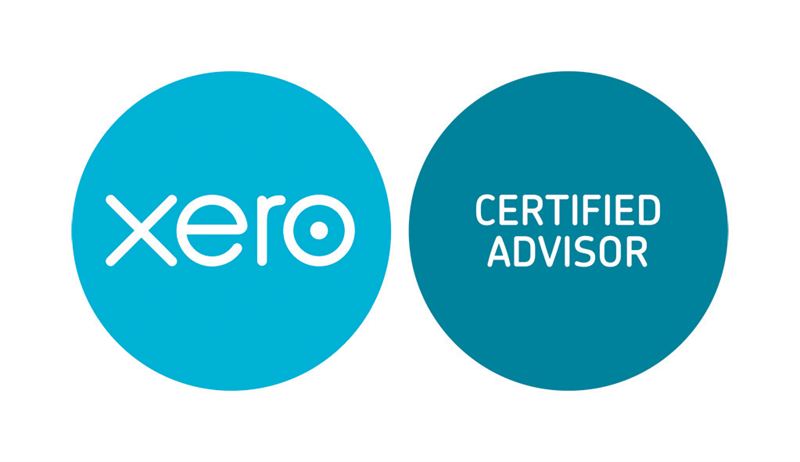
Starting a new business?
Limited Company vs Sole Trader: Which is Right for Your Business?
When starting a business in the UK, one of the first decisions you’ll need to make is choosing your business structure. This is important as it can affect your taxes, legal responsibilities, and how much personal liability you hold. Two common business structures are Limited Companies and Sole Traders. Let’s explore the differences, pros, and cons of each, so you can decide which one suits your needs best.
What is a Limited Company?
A Limited Company is a separate legal entity from its owners, meaning the company itself can own assets, enter into contracts, and be responsible for its own debts. There are two main types of Limited Companies in the UK:
– Private Limited Companies (Ltd)
– Public Limited Companies (PLC)
For small businesses, the most common choice is a Private Limited Company (Ltd).
Key Characteristics of a Limited Company:
1. Separate Legal Entity: The company is considered separate from its owners (shareholders) and directors. This means the company can enter into contracts and own property in its own name.
2. Limited Liability: The personal assets of the business owners (shareholders) are protected from business debts. If the company goes bankrupt, the shareholders only lose the money they invested.
3. Tax Structure: Limited companies pay corporation tax on their profits, and owners (directors) take salaries and dividends. Dividends are subject to personal income tax but may be more tax-efficient than a salary.
4. More Formal Setup: Running a limited company requires more paperwork, including filing annual accounts, submitting confirmation statements, and complying with strict regulatory requirements.
Pros of a Limited Company:
– Limited Liability Your personal finances are protected if the business faces financial difficulties.
– Tax Efficiency: There is potential to pay less tax overall by taking a combination of salary and dividends.
– Professional Image: A limited company may appear more credible to customers, investors, and lenders.
– Funding and Investment: Limited companies can more easily raise capital by selling shares.
Cons of a Limited Company:
– Complexity: More paperwork and legal requirements are involved, including filing annual accounts and submitting confirmation statements.
– Costs: There are additional costs in terms of accounting, filing fees, and compliance with company regulations.
– Public Disclosure: As a limited company, your financial details will be available to the public via Companies House, making your accounts, directors, and shareholders’ names public information.
What is a Sole Trader?
A Sole Trader is an individual who owns and runs their business on their own. It’s the simplest form of business ownership, and there’s no need to register with Companies House. As a sole trader, you are fully responsible for the business’s debts and liabilities.
Key Characteristics of a Sole Trader:
1. No Separate Legal Entity: The business is not separate from you as the owner. Your personal finances and business finances are one and the same.
2. Unlimited Liability: As a sole trader, you are personally liable for any debts the business incurs. If your business owes money, creditors can claim your personal assets to settle the debt.
3. Tax Structure: Sole traders pay income tax on profits above a certain threshold, which is generally less complicated than corporation tax. You will also need to pay National Insurance contributions as a sole trader.
4. Simplified Setup and Maintenance: Running a sole trader business involves far less paperwork compared to a limited company. There’s no requirement for annual accounts, though you still need to file an annual self-assessment tax return.
Pros of a Sole Trader:
– Simplicity: Setting up a sole trader business is quick, easy, and inexpensive.
– Full Control: As the sole owner, you have full control over your business decisions and don’t have to consult anyone else.
– Tax Simplicity: Tax filings are straightforward, with no need for separate company accounts or complex forms.
– Lower Costs: There are fewer running costs and administrative tasks to worry about.
Cons of a Sole Trader:
– Unlimited Liability: You are personally liable for all debts and legal obligations, which means your personal assets (such as your home) are at risk if the business fails.
– Tax Limitations: You may pay more in tax compared to a limited company if your profits are high, as you can only pay yourself a salary and not dividends.
– Limited Growth: It can be harder to raise capital or secure large-scale investment as a sole trader, as there are no shares to sell or large investors to tap into.
Key Differences Between Limited Company and Sole Trader
| Aspect | Limited Company | Sole Trader |
|————————–|————————————–|———————————–|
| Liability | Limited to the business assets | Unlimited liability (personal assets at risk) |
| Taxation | Corporation tax, salary + dividends | Income tax and National Insurance |
| Setup & Maintenance | More complex, more legal paperwork | Simple and low-cost |
| Financial Disclosure | Publicly available financial records | No public record of finances |
| Control | Shared among directors & shareholders | Sole control by the owner |
Which One Should You Choose?
The decision between setting up a Limited Company or becoming a Sole Trader depends on a few factors:
1. Liability: If you want to protect your personal assets from business liabilities, a limited company is a better choice.
2. Tax Efficiency: If you’re making a high level of profit and want to reduce your tax bill, a limited company might be more tax-efficient.
3. Simplicity: If you want a straightforward business setup with minimal paperwork and responsibilities, becoming a sole trader may be the best option.
4. Growth Plans: If you’re looking to grow the business and potentially attract investors or raise capital, a limited company might be more appropriate.
Final Thoughts
Both a Limited Company and a Sole Trader come with their own benefits and drawbacks. It’s essential to carefully consider your business goals, financial situation, and the level of risk you’re willing to take before making a decision. In many cases, people start as a sole trader and later transition to a limited company as their business grows.
If you’re unsure, it might be helpful to speak to us at Webst0nes Tax who can provide tailored advice based on your circumstances.
Whichever path you choose, remember that the UK has a robust support system for businesses, so you’ll have access to plenty of resources to help you succeed!
—
Feel free to comment below or get in touch if you need more guidance on which structure is right for you!




